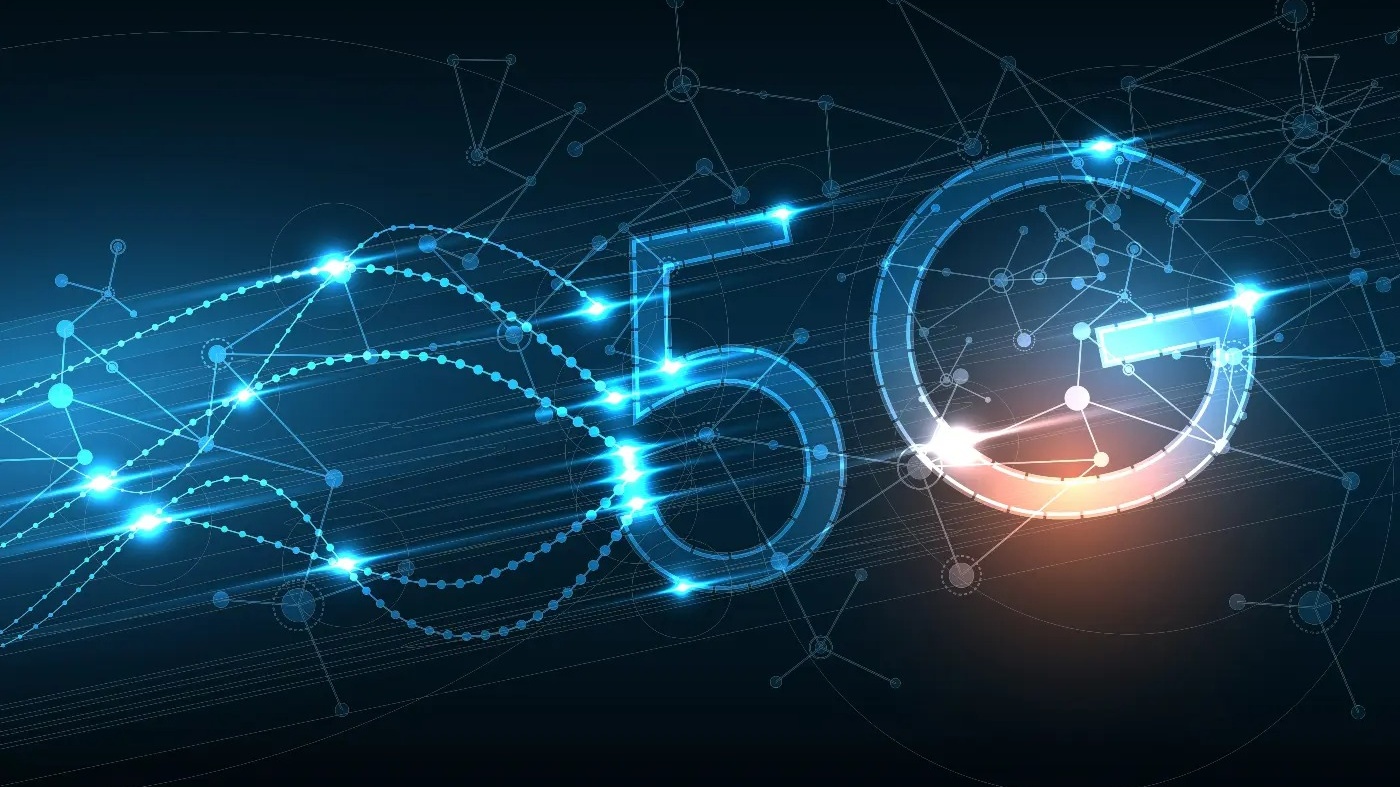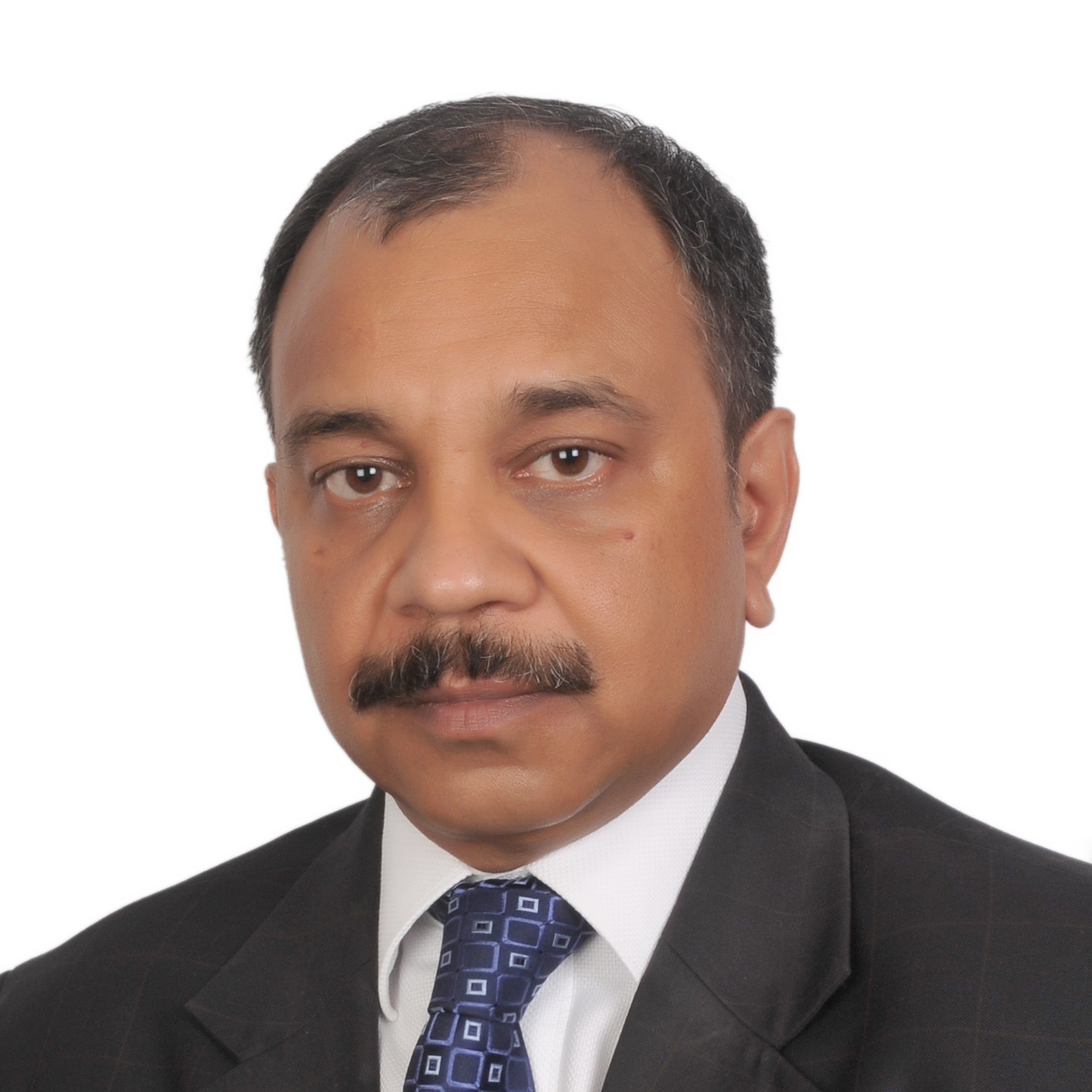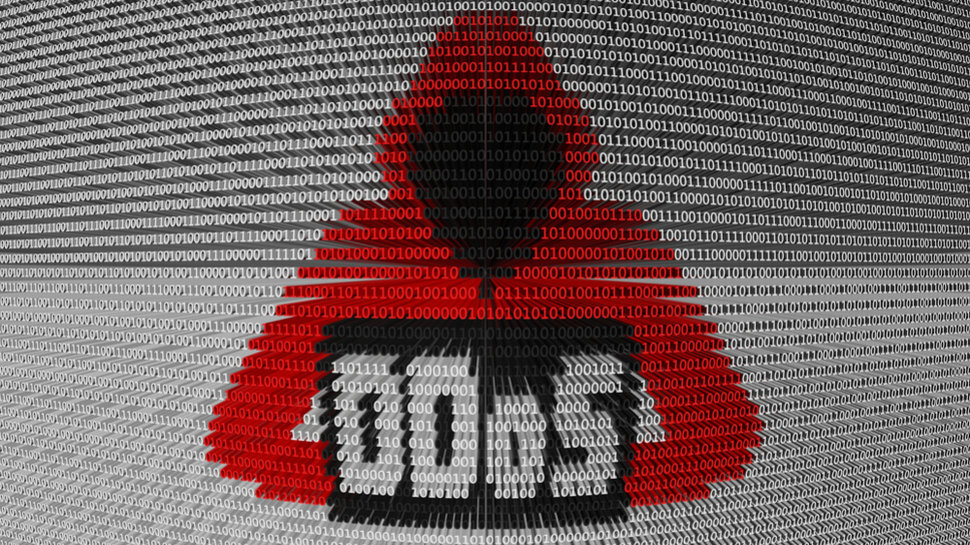5G and wireless access points for gamers, prime targets for cyberattacks
Gaurav Mohan, VP, SAARC & Middle East, Netscout shares the growing security threats over 5G

Today, over one billion users worldwide enjoy the benefits of 5G. According to the Ericsson mobility report, 5G mobile subscriptions in the GCC are projected to reach 62 million by 2026. These figures are made possible due to the development of connections and the acceleration of deployments by wireless access providers. Simultaneously, the number of online video game players worldwide has increased to over 2.8 billion in 2021. This number is expected to rise steadily until at least 2023, reaching over 3 billion players. It is therefore no surprise that the adoption of wireless access points continues to rise. However, it is also important to keep in mind that these connections are all network entry points for cybercriminals, and hence must be protected.
Gamers are among the most frequent users of hotspots, driven by the need for a dependable internet connection so they can play anytime, anywhere. However, apart from these gamers, the adoption of wireless access points continues to expand.
To discuss this topic, Gaurav Mohan, VP, SAARC & Middle East, Netscout shares the growing security threats over 5G in this article.

Access points, the big winners of the pandemic
In 2020, the use of hotspots exploded worldwide as restrictions imposed due to the pandemic forced individuals to work and attend classes from home. Despite the lifting of global restrictions, the use of hotspots has not decreased. Indeed, their popularity with international and domestic travellers, users in areas without Wi-Fi coverage, and people who continue to work remotely have made them increasingly popular connections.
The growing popularity of hotspots remains an essential advantage for wireless operators. 5G deployments will enable providers to reverse the revenue decline while also supporting new innovative services. This will enable them, amongst other things, to win against competitors who offer on-demand services. Furthermore, the increased use of wireless hotspots allows wireless operators to generate additional revenue, bolstering their hard-hit bottom lines.

Cybercriminals’ favourite target
Hackers have begun to notice that 5G and dedicated gaming hotspots present numerous opportunities for attacks against wireless carriers, most notably Distributed Denial of Service (DDoS) attacks. While DDoS attacks against many telecommunications subsets declined in the second half of 2021, those against wireless operators increased by 38% compared to the first half of that year.
One of this period's most prominent international attacks was launched against T-Mobile in August 2021. Cybercriminals obtained access to the personal data of more than 54 million people in the operator's database, including social security numbers, names, addresses, dates of birth, and driver's license information. In September, it was revealed that the attack was made possible due to unprotected routers and weak links in T-Mobile's internet addresses, allowing the hackers access to over 100 servers. However, wireless carriers aren't the only among the telecommunications sector to receive unwanted attention from hackers. For example, in the second half of 2021, the Voice over Internet Protocol sector (VoIP) witnessed a 93% increase in Distributed Denial of Service (DDoS) attacks.
Sign up to the TechRadar Pro newsletter to get all the top news, opinion, features and guidance your business needs to succeed!
The increasing prevalence of online communication applications and video games provides cyber criminals with a range of, often less well-protected entry points. Therefore, companies and connection providers must become aware of the cyber risks that loom over these access points in order to effectively safeguard them and prevent data theft with disastrous consequences.

Mostafa has been working in the tech journalism industry since his teenage years following his childhood passion for PC hardware, tech and video games. Besides tech, his new interests are Esports scene and regional competitions.